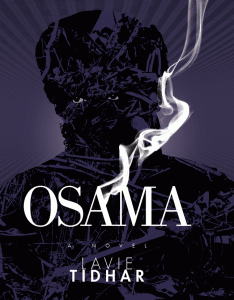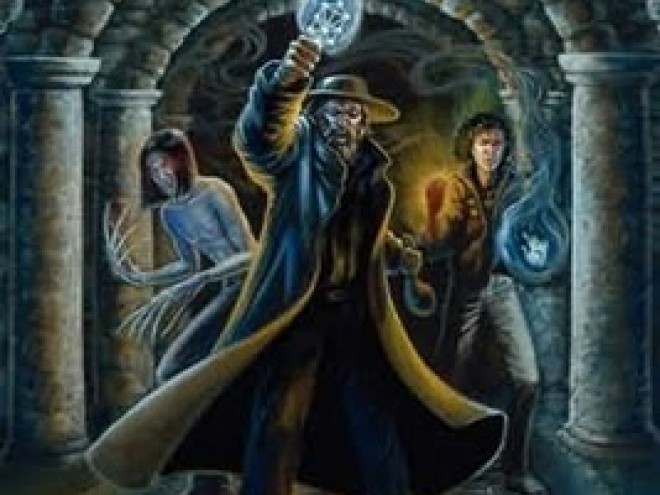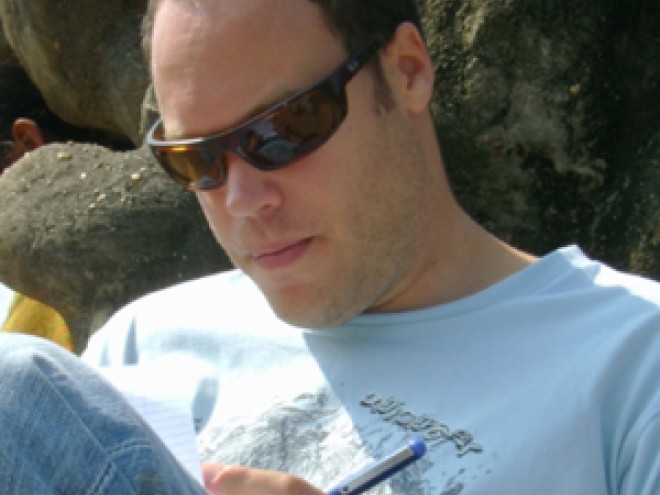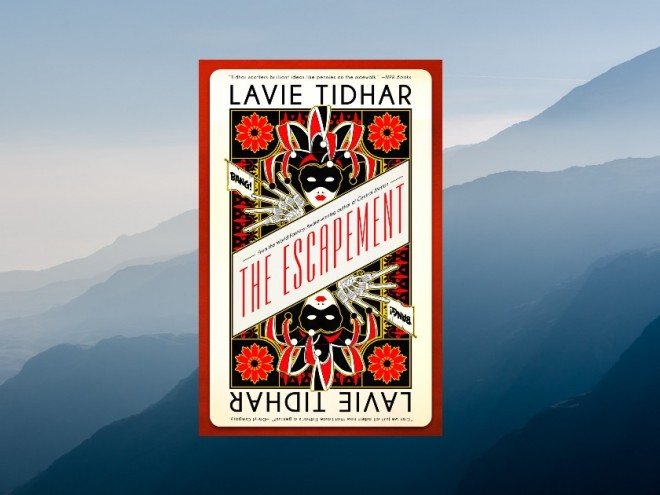Earlier this week, Lavie Tidhar wrote about his fixation on historical figures and being compared to Philip K. Dick. He has been blogging here all week for JBC and MJL.
 Michael Weingrad made something of a splash last year in writing “Why There is no Jewish Narnia” at the Jewish Review of Books. Of course, Weingrad misunderstands Narnia. To explain the seven novels succinctly, let us refer to the following equation:
Michael Weingrad made something of a splash last year in writing “Why There is no Jewish Narnia” at the Jewish Review of Books. Of course, Weingrad misunderstands Narnia. To explain the seven novels succinctly, let us refer to the following equation:
Jesus was Jewish (therefore) Aslan was Jewish (therefore) Narnia = Jewish Autonomous Oblast (and) The White Witch = Christianity/Rome. QED.
But before you give me the combined Nobel Prize for Physics and Literature, let’s think about that seeming paradox. The fields of both science fiction and fantasy are filled with Jewish writers, from Isaac Asimov (can you get more Jewish than that?) to, erm, William Shatner. (Yes, he wrote TekWar! No, the Federation is not proud). Why, then, do so few genre works deal with Jewish universes? Where are the vampires who laugh at a crucifix, the Space Navy with Stars of David proudly painted on the hull of the ships? Imagine the ending for 2001: A Space Odyssey: “My God! It’s full of Jews!”
Or the Jewish immigrants passing en masse through the wardrobe to get to the safe-haven of Narnia, kicking some holy lion butt in the process. No?
Well…
Yes and no.
Joel Rosenberg’s novel Not For Glory (1988) features a galactic corps of Israeli mercenaries from the planet of Metzada (no, really, it does!). And one of the most obscure of science fiction’s Jewish masterpieces (its only one?) is the unjustly neglected The Tsaddik of the Seven Wonders, by Isidore Haiblum, concerning the comic adventures of two galactic operators trapped in Jewish history, and turning to the eponymous Tsaddik (and his travel maven Greenberg) for help. If Rosenberg’s novel is, how shall we say, not so great, Tsaddik is a true classic, one I return to with joy every time (appropriately enough, I have both the English and Hebrew editions, both long out of print).
Israel is enjoying something of an awakening in terms of Jewish fantasy and science fiction. Recently it has produced the first true masterpiece of Israeli SF – the novel Kfor by Shimon Adaf. It is an astonishing novel, following the lives of several characters in the Jewish city/country of Tel Aviv in five hundred years’ time, and combining science fiction, detective fiction, poetry and absolutely wonderful, heart-breakingly beautiful writing. It is unlikely to ever be translated.
Another novel by Adaf, however – the massive Sunburnt Faces – will be published in English next year by PS Publishing in the UK, the same small publisher that had taken such a chance on my own Osama. Small publishers can afford to take risks larger ones can’t, and to me this is nothing less than an event, an opportunity for a new audience to appreciate, for the first time, Adaf’s unique talent.
Do we need Narnia? This is what we ask ourselves after a couple of pints at the pub. What’s the real estate value on Cair Paravel? And just which law firm represents the White Witch’s interest? We picture Maurice Levy from The Wire as he defends yet another faun or centaur caught in the deadly world of illicit Turkish Delight wholesaling.
Let them have their Narnia, I say. We have the Tsaddik of the Seven Wonders, and we now have Shimon Adaf.
And we’ll always have Shatner.
Lavie Tidhar’s most recent novel is Osama (PS Publishing). It has been compared to Philip K. Dick’s seminal work,The Man in the High Castle by both the Guardian and the Financial Times. His other works include steampunk trilogy The Bookman, Camera Obscura and the forthcoming The Great Game, all three from Angry Robot Books, the novella Jesus & The Eightfold Path (Immersion Press), and the ground-breaking Jewish fantasy collection HebrewPunk. He grew up on a kibbutz in Israel and has since lived in South Africa, the UK, Vanuatu and Laos. He currently lives in London, and tweets too much.
Lavie Tidhar (A Man Lies Dreaming, Unholy Land) is an acclaimed author of literature, science fiction, fantasy, graphic novels, and middle grade fiction. Tidhar received the Campbell and Neukom Literary awards for his breakout novel Central Station, which has been translated into more than ten languages. He has also received the British Science Fiction, British Fantasy, and World Fantasy Awards. Tidhar’s recent books include the Arthurian satire By Force Alone, and the series Adler. He is a book columnist for the Washington Post, and recently edited the Best of World SF anthology. Tidhar has lived all over the world, including Israel, Vanuatu, Laos, and South Africa, and he currently resides with his family in London.



